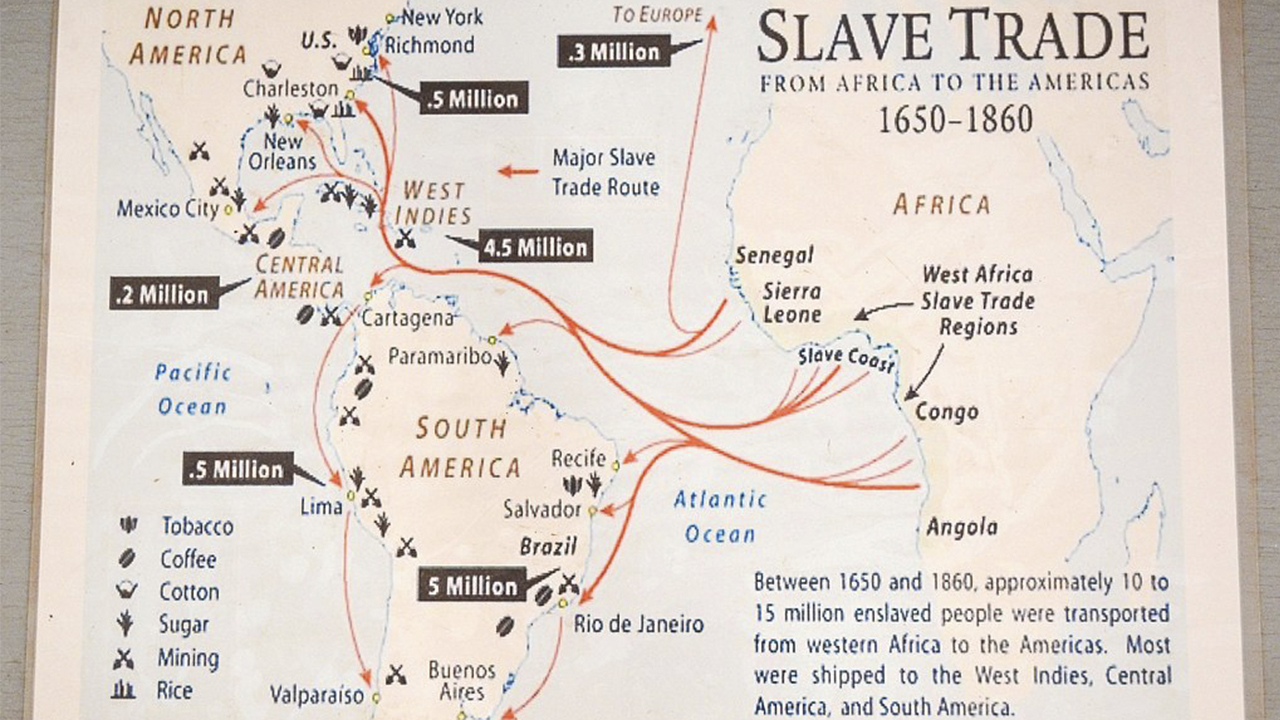Michigan State University Launches Online Database Chronicling North-Atlantic Slave Trade
Enslaved.org is a searchable database that contains millions of records representing enslaved Africans and their descendants.

The North-Atlantic Slave Trade has made it nearly impossible for millions of people to identify their lineage and ancestors. A new program through Michigan State University aims to change that.
In December, the university launched enslaved.org, a searchable database that contains millions of records representing enslaved Africans and their descendants.
“Enslaved.org is it has the capacity to link datasets to allow individuals to search for enslaved the same enslaved person across multiple data sets so that you can begin to put together a story about an enslaved person.” — Walter Hawthorne, enslaved.org Investigator
Walter Hawthorne is the project co-investigator of enslaved.org and an MSU history professor. “For me as a historian, and I think for anybody who reads history, there’s a lot of power when you’re reading about the history of a named individual,” he says.
This collaborative effort includes archives, museums and family histories that are uniquely linked together and maintained by MSU researchers on Enslaved.org. Hawthorne explains why this database is unique: “The interesting thing about enslaved.org is it has the capacity to link datasets to allow individuals to search for enslaved the same enslaved person across multiple data sets so that you can begin to put together a story about an enslaved person.”
The next phase of the multi-layered project was announced after the website launched. Researchers are now asking the public for ancestral contributions.
“If they themselves are interested in putting together datasets, or maybe if they have particular information,” says Hathorne. “We’ve had individuals, for example, reach out to us who have family Bibles that mentioned the names of people written in the front in hand.”
Hawthorne says the goal is to deepen understanding for the millions of people who are impacted by the North Atlantic slave trade. He says, simply, there is knowledge in power.
“I think there’s a lot of power to study in one person: What those person’s struggles were under this incredibly violent institution, but also the way that people who lived under this incredibly violent institution managed to create lives for themselves.”
Trusted, accurate, up-to-date
WDET is here to keep you informed on essential information, news and resources related to COVID-19.
This is a stressful, insecure time for many. So it’s more important than ever for you, our listeners and readers, who are able to donate to keep supporting WDET’s mission. Please make a gift today.

